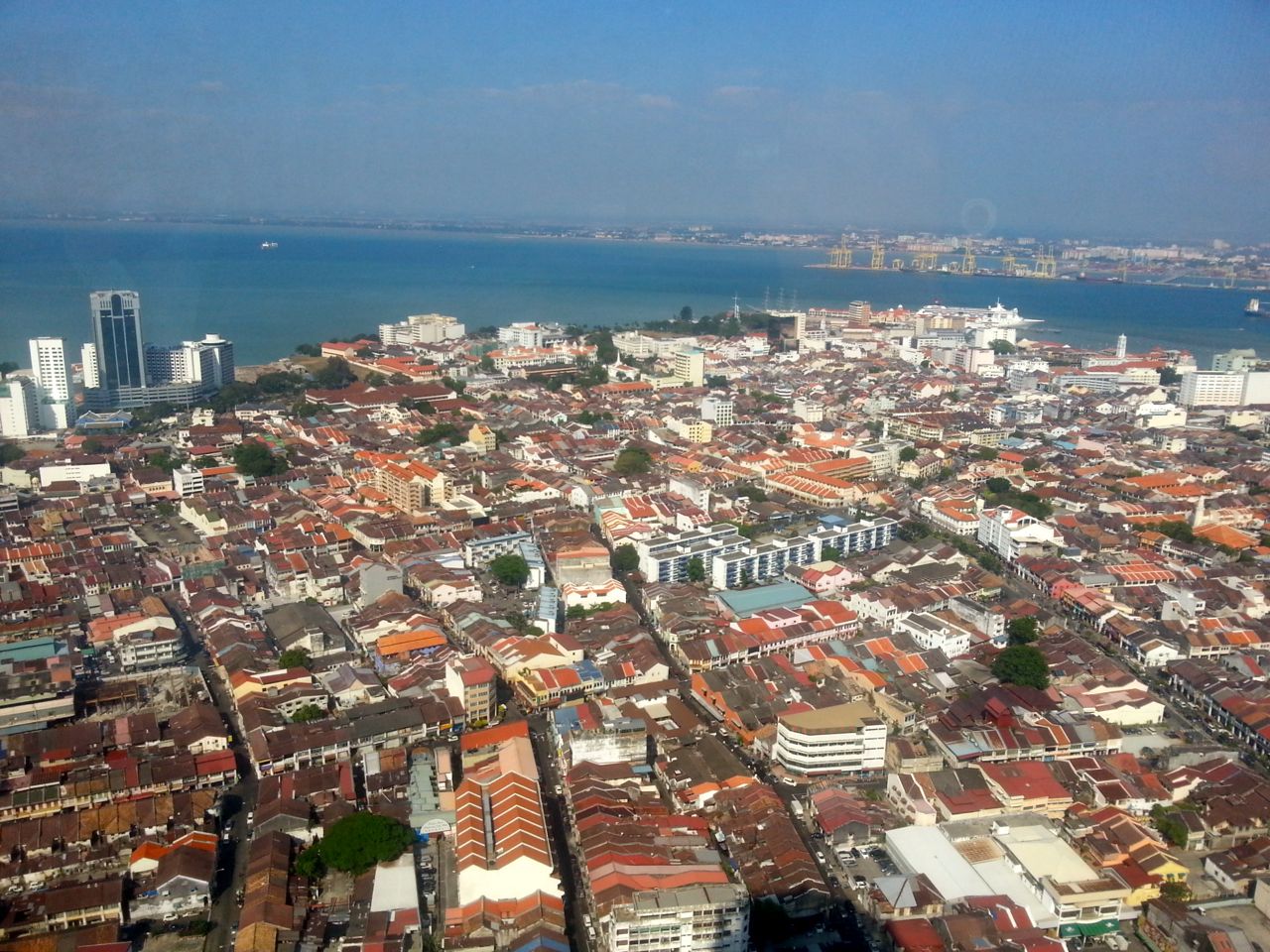by Creighton Conolly
— This post originally appeared on Season 3 of the LSE Cities Blog ‘Urban Vignettes’ on October 27th, 2014. —
Since September last year I have been conducting fieldwork for my doctoral research on urban birds’ nest harvesting (or ‘swiftlet farming’) in Malaysian cities – a fiercely debated topic in the country over the past 15 years. Edible birds’ nests are considered a Chinese delicacy and are a common ingredient in Chinese medicines, consequently attracting staggeringly high prices in Chinese market places around the world. The nests are constructed by the saliva of the edible-nest swiftlet, which are native to Southeast Asia. Traditionally, these swiftlets would breed in caves across the region, where their nests have been harvested for hundreds of years. However, in the last 15 years, a new phenomenon of urban harvesting has proliferated in Indonesia, Malaysia and Vietnam, where buildings are converted (or constructed anew) into cave-like structures designed for attracting swiftlets and harvesting their nests.
This phenomenon has turned into a thriving industry in Malaysia, where entire towns have been literally taken over by the trade. This has, perhaps unsurprisingly, sparked considerable debate over how the urban space in these towns is being used. Many of the concerns cited have been surrounding nuisance aspects related to the volume of birds, as well as public health concerns related to their proximity with human populations. This is especially the case in the cities of George Town (Penang) and Malacca, which have been jointly listed as UNESCO World Heritage Sites 2008, where there is an additional concern over the towns’ (in)tangible heritage.
In order to study these controversies more closely, I undertook a brief research internship with the Penang Heritage Trust (PHT) between February and May this year, which has been one of the main organizations advocating against swiftlet farming in George Town’s inner city. This period provided me with an invaluable opportunity to immerse myself in the local debates, and learn first hand how ‘swiftlet farms’ are perceived and contested in everyday life within Malaysia cities like George Town. The PHT along with other civil society organizations and concerned residents have argued that the conversion of heritage buildings to swiftlet farms is deleterious to both the facade and interior of the buildings due to the damp and dank conditions which are created for the birds’ comfort. The PHT actually has the support of the Penang State Government and UNESCO in their efforts to remove swiftlet farming from George Town, but have faced significant opposition from swiftlet farmers’ associations and even other government agencies keen to defend their investments and revenues.
On the one hand, swiftlet breeding, “like rearing pigs and ducks”, is seen as an “agricultural industry that has no place in an urban residential environment”; while on the other, swiftlets and swiftlet farming are integral components of Malaysia’s ‘natural’ heritage, as the practice has been around for “hundreds of years”. As one advocate has argued, “swiftlets are our heritage too…how do you define heritage?” These ongoing controversies over swiftlet farming in George Town, therefore, unsettle often taken for granted binaries such as nature/culture, and problematize notions of what counts as urban heritage – and for whom.
You can read more about Creighton’s work on swiftlet farming here.








Superb kind of work by the team as on this particular topic people needs more precise information and special attention to it.Thanks a lot.